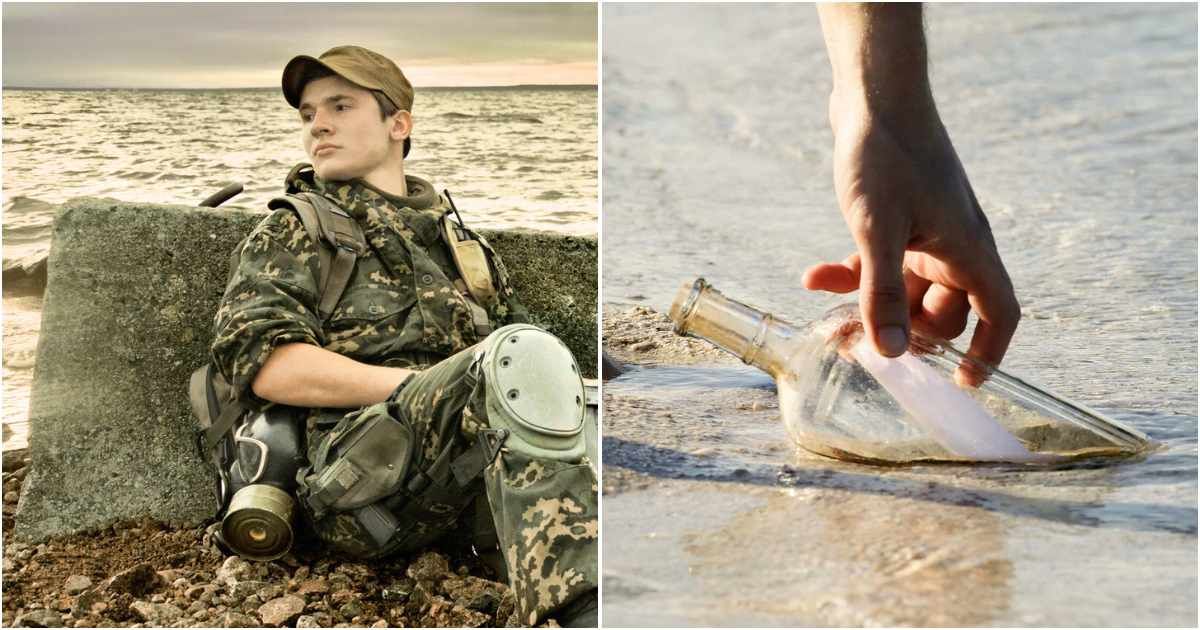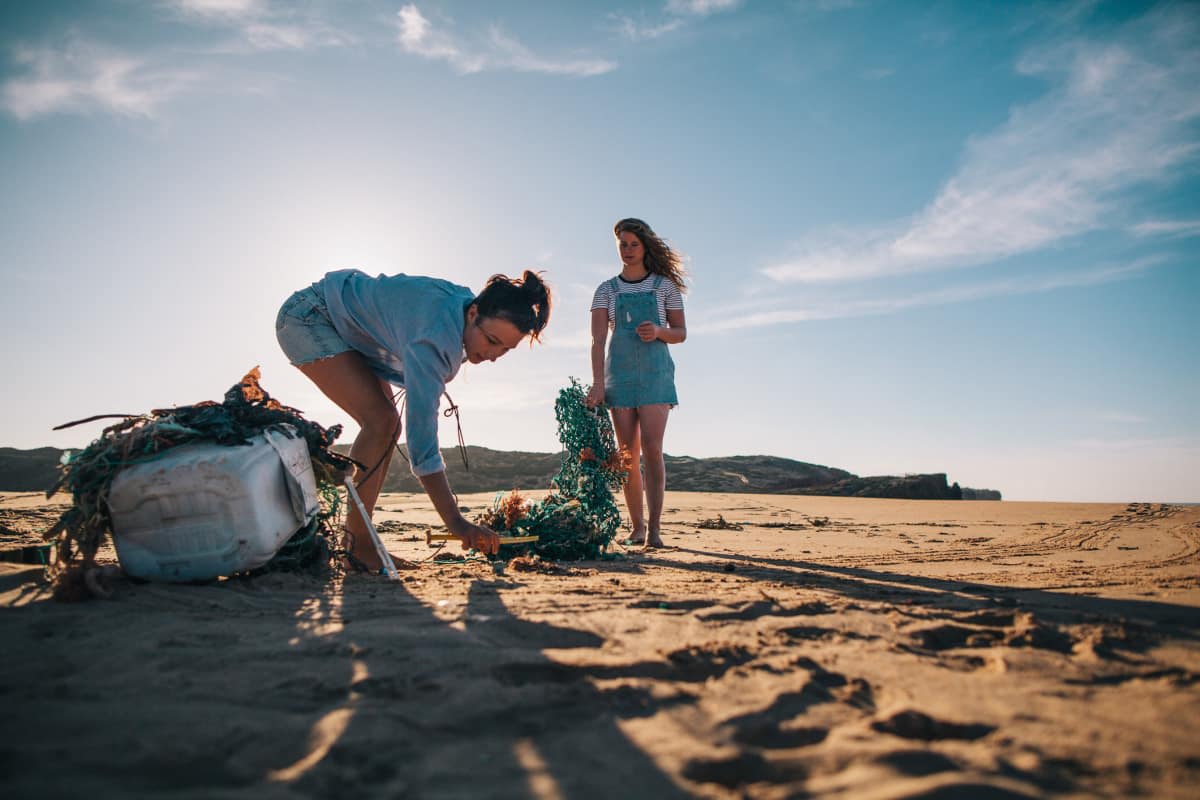WWI soldier's 100-year-old 'message in a bottle' washes up on Australian shores. It was for his mom
Debra Brown was cleaning up Wharton Beach in Western Australia when she discovered a bottle containing two letters from soldiers of World War I.

Debra Brown was cleaning up Wharton Beach in Western Australia when she discovered a bottle containing two letters from soldiers of World War I — Private Malcolm Alexander Neville and William Kirk Harley. Both letters were written over 100 years ago, according to the Australian Broadcasting Corporation. Brown wanted to track down the soldiers' families to hand over the letters, and so she turned to an online search and, surprisingly, could connect with both families.

She found the great-nephew of Private Malcolm Alexander Neville, hailing from Wilkawatt in South Australia, and said it was easier to track him down than she expected. "All I did was type in Neville and Wilkawatt, those two words, and Herbie's profile came up," Brown said. 'Herbie' is potentially the name attributed to Private Neville's great-nephew. She contacted Herbie's workplace mentioned on his Facebook page, and he replied to her a few days later. Herbie, who was overwhelmed by the news, said it made his family learn more about Malcolm, the soldier who was killed in France at the age of 28. Private Neville's war records mention that he joined the army in early 1916, but because of poor eyesight, he was discharged only after a month. But that didn't break his determination to get into the army. A week later, Private Neville rejoined the army, and this time in the service corps. "I think that just shows you his character, how determined he was," Herbie said.

The soldier's great-nephew said his 101-year-old aunt always told them stories of their uncle Malcolm and how he went to the war and never returned. Sadly, months after he threw the bottle overboard with the letter addressed to his mom in 1916, he was killed and thus could never meet his family again. Malcolm's letter was addressed to his mom, reading: "Dear Mother, Having a real good time, food is real good so far, with the exception of 1 meal which we buried at sea, accompanied by a mouthorgan..." The simplicity of his words deepens the tinge of grief shrouding the discovery. It even forced Brown to note, "This poor darling had gone off, not knowing what he was about to face, and he seemed quite chipper in the letter." Brown also tracked down Ann Turner, William Kirk Harley's granddaughter, who said finding his letter felt like a miracle, claiming it as a reminder of the optimistic side of the soldiers.

"I think he would have been absolutely delighted to finally be off to go to war, and so I think that's where the optimism comes from. I feel very emotional when I see that the other young man had a mother to write to, and that message in the bottle was to his mother, whereas our grandfather long ago had lost his mother, so he just wrote it to the finder of the bottle," she said. Sharing that his 5 granddaughters were continuously in contact over the discovery, Ann said, "We do very much feel like our grandfather has reached out to us from the grave." Brown, who had accidentally discovered the letters, confirmed she would send them to the respective families. Private Harley, in his letter, mentioned that he threw it when their ship was "somewhere in the Bight." Professor Charitha Pattiaratchi, a scientist from the University of Western Australia, said he believed that the bottle might have been floating for a few weeks or a month before it reached Wharton Beach from the Great Australian Bight. Later, the bottle could have been buried in the sand for about 100 years before Brown found it. Meanwhile, Maureen Steinborner, a historian, was also thrilled when she heard about Private Neville's letter. She said the local community is happy and has started to think more about their history and the young men who sacrificed their lives and went to fight in World War I.
More on Scoop Upworthy
Man finds 70-year-old unopened love letters from Army veteran in a toolbox: 'It's like poetry'
Investigator returns long-lost love letters of WW2 veteran to family 80 years later
 Share on Facebook
Share on Facebook





